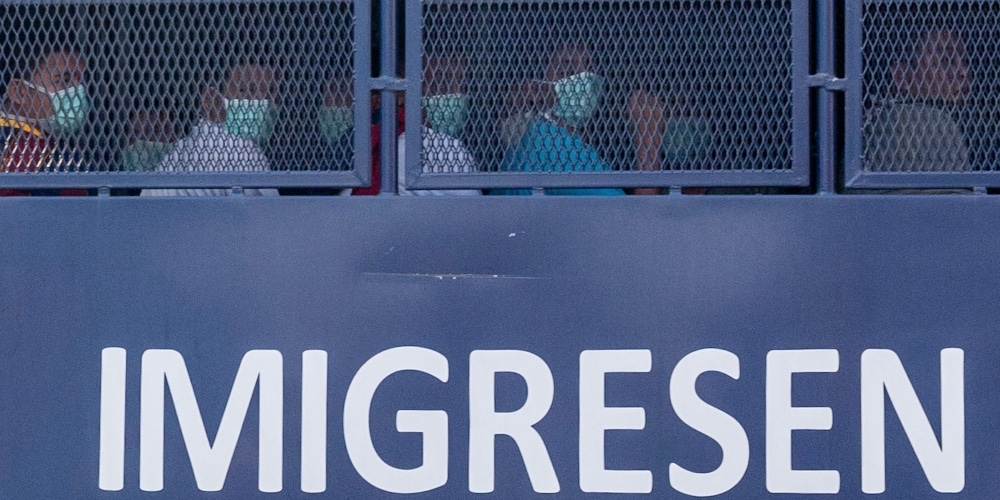
CASE, headed by People’s Action Party (PAP) Member of Parliament for Mountbatten, Lim Biow Chuan as president, is – as its name says – registered as an association.
In a letter to the Straits Times on Thursday, 13 November, Mr David Chang Cheok Weng suggested that consumer protection laws – such as the Consumer Protection (Fair Trading) Act – “would improve significantly if the Consumers Association of Singapore were given more powers and if criminal sanctions were introduced.”
He cited the Australian Competition and Consumer Commission (ACCC) to argue that giving such powers to consumer protection watch groups is not unusual.
The ACCC, however, is more than just a watch group – it is in fact a statutory board.
It describes itself as “an independent statutory government authority serving the public interest.”
And that it is:
“… an independent Commonwealth statutory authority whose role is to enforce the Competition and Consumer Act 2010 (the Competition and Consumer Act) and a range of additional legislation, promoting competition, fair trading and regulating national infrastructure for the beneit of all Australians.” [Source]
In a rejoinder to Mr Chang’s letter, Mr Ravi Philemon highlighted these in his disagreement with the suggestion to give CASE more powers.
Mr Philemon said Mr Chang had “overlooked the fact that the Australian commission is a statutory authority whose role is to enforce the Competition and Consumer Act, while Case is a non-profit, non-governmental organisation (NGO).”
“I agree that it is highly unusual to give an NGO such powers,” Mr Philemon added, referring to MP Vikram Nair’s views that it is highly unusual to vest such powers in an NGO.
Mr Philemon suggested that as far as tourists are concerned, there could be “a special office within the Singapore Tourism Board that is tasked with recording such grievances and pursuing them on behalf of the tourists.”
“It is better to give a statutory board the teeth to enforce consumer protection laws than to give it to an NGO,” he said.
———————-
Here are the two letters in full:
Laws do protect vulnerable consumers
THERE has been much public outcry over Mobile Air’s unscrupulous sales tactics.
While netizens and the authorities have expressed shock and disapproval over such tactics, it is not altogether true that we do not have adequate laws to protect consumers.
The Consumer Protection (Fair Trading) Act does provide that “it is an unfair practice for a supplier… to take advantage of a consumer… who is not in a position to protect his own interests; or is not reasonably able to understand the character, nature, language or effect of the transaction or any matter related to the transaction”.
The Second Schedule to the Act also defines unfair practice as “taking advantage of a consumer by including in an agreement terms or conditions that are harsh, oppressive or excessively one-sided so as to be unconscionable”.
While it is always desirable for contracting parties to be astute and careful before signing a contract, it is not as if a less-than-careful buyer is without protection.
The purpose of the Act and its provisions clearly takes a proactive position in protecting such vulnerable and unsuspecting buyers.
It is undeniable, however, that these laws would improve significantly if the Consumers Association of Singapore were given more powers and if criminal sanctions were introduced.
MP Vikram Nair had commented that it is “highly unusual” to give a consumer association powers of enforcement and to administer fines.
In Australia, though, fines are enforced by the Australian Competition and Consumer Commission. So such a practice is not unusual.
I hope our lawmakers can consider legislative reforms in the form of criminal sanctions.
In the meantime, while our laws are not perfect, there is some protection for those who are less than careful. Traders cannot think they can engage in deceitful practices and get away with it.
David Chang Cheok Weng
——————-
Not feasible for Case to enforce consumer protection laws
MR DAVID Chang Cheok Weng suggests that the Consumers Association of Singapore (Case) be given more powers to enforce and administer fines (“Laws do protect vulnerable consumers”; Thursday).
He cited the Australian Competition and Consumer Commission, to support his point that it is not unusual to give a consumer association such powers.
However, he overlooked the fact that the Australian commission is a statutory authority whose role is to enforce the Competition and Consumer Act, while Case is a non-profit, non-governmental organisation (NGO).
I agree that it is highly unusual to give an NGO such powers.
Singapore already has the Consumer Protection (Fair Trading) Act, which enables an aggrieved consumer to initiate a civil suit through the Small Claims Tribunals or State Courts.
This remedy, however, may be inconvenient for tourists as they are unable to determine how long the process will take, the duration their visit will have to be prolonged, and the costs associated with it.
As pointed out by others, what is needed is a special office within the Singapore Tourism Board that is tasked with recording such grievances and pursuing them on behalf of the tourists.
It is better to give a statutory board the teeth to enforce consumer protection laws than to give it to an NGO.
Ravi Philemon







